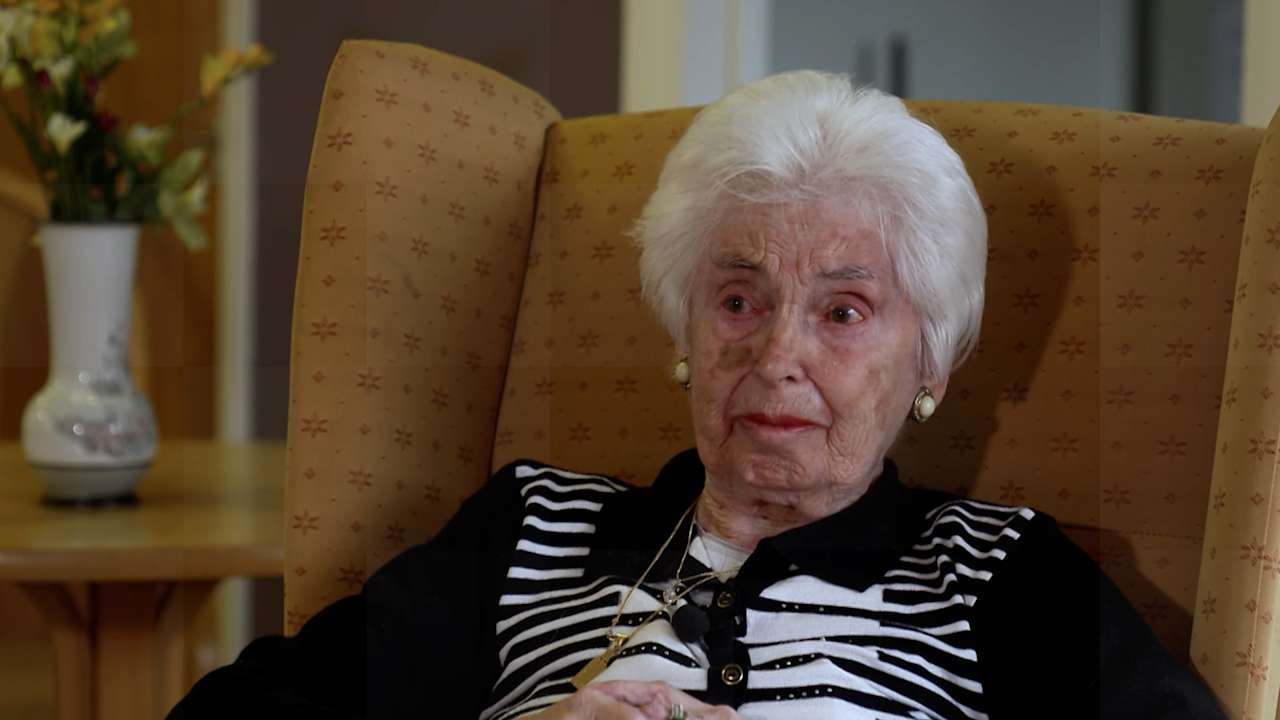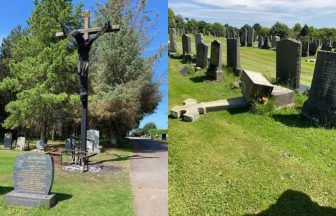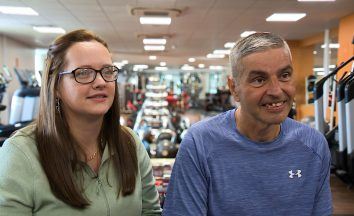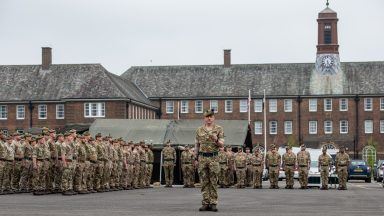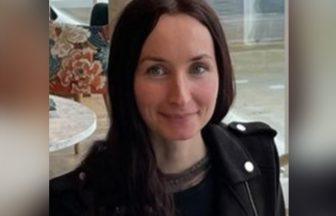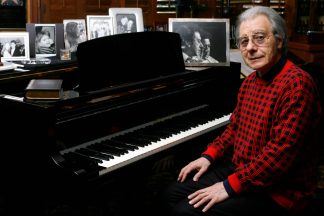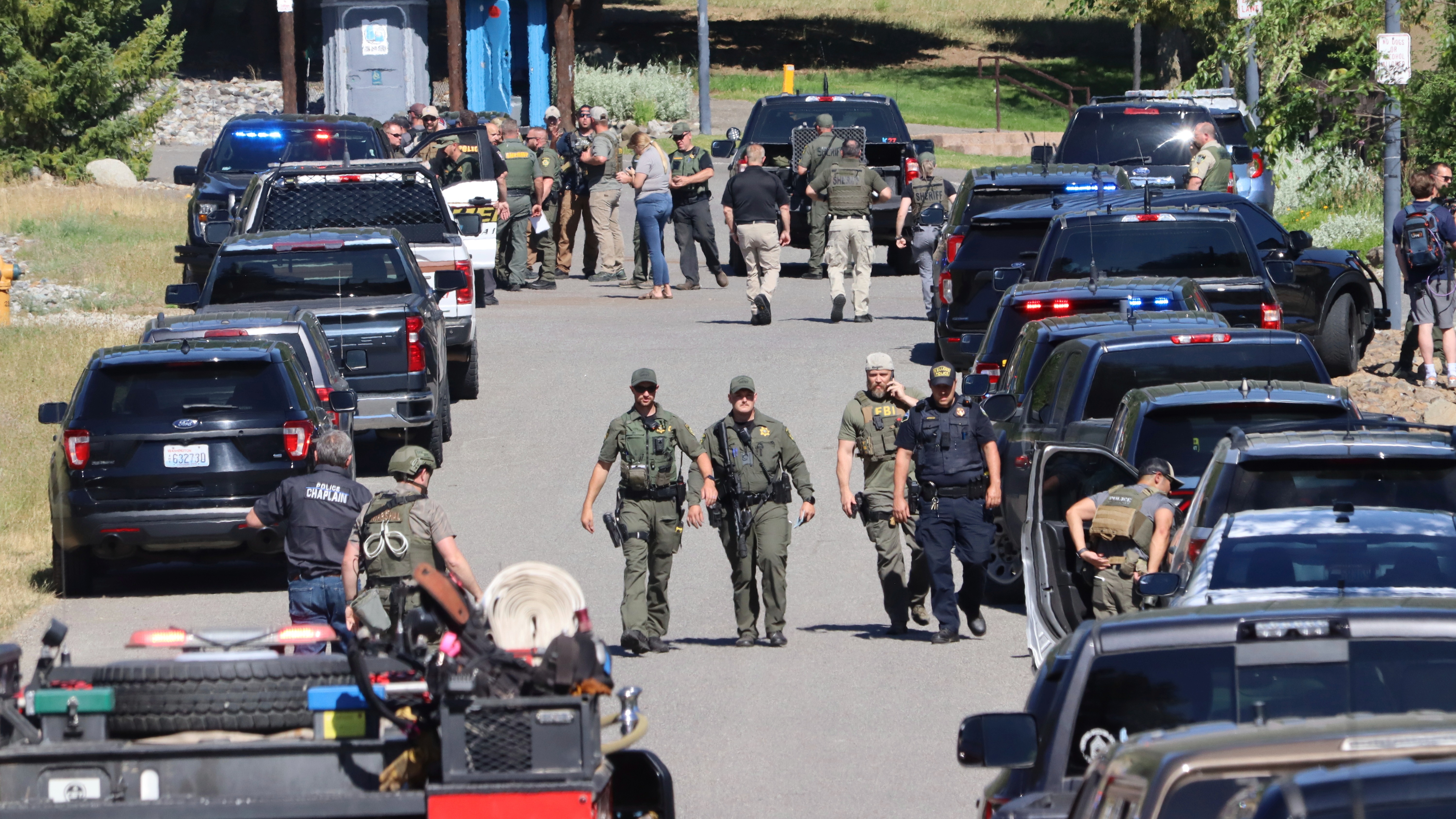Holocaust survivor Renee Salt tells ITV News’ Europe Editor James Mates of the horrors she faced in Auschwitz and Bergen-Belsen ahead of the 80th Holocaust Memorial Day.
Words by Senior Producer Liz Little
On Monday commemorates the 80th Holocaust Memorial Day. It also signifies 80 years since the Soviet Red Army liberated Auschwitz, where 1.1 million people died.
Renee Salt, now aged 95, was a prisoner there, before she was moved to the Bergen-Belsen camp, which was later liberated by the British Army. Renee sat down with ITV News, where she recalled the horrors of the Holocaust.
Renee lived in Zduńska Wola in Poland in a large Jewish family. Her father was a chief accountant in one of the largest textile firms in Europe.
“We had a very comfortable lifestyle,” she said.
She was ten years old when Germany invaded Poland. Her family were soon thrown out of their home and forced into a ghetto, where they all lived in one room.
Life became increasingly difficult for residents of the ghetto. “As soon as the Germans came, they started making new rules every day for Jewish people,” Renee said.
“We weren’t allowed to walk on the pavements. We had to walk in the gutters. We were not allowed to keep our shops open, wasn’t allowed to practice our professions.
“So life became very, very difficult right from the beginning.”
As the war raged on, talk of the unfolding genocide started to spread.
“We had heard rumours that old people and young children are being slaughtered all over the country,” she said.
“But they were only rumours. We had no communication with the outside world at all. No newspapers, no letters, all the radios were confiscated.”
Renee was 12 years old when assessments began in the ghetto. Schutzstaffel (SS) officers singled out those under-18, elderly, pregnant or those simply incapable of working and took them away in lorries.
With the rumours circling, residents scrambled to help Renee appear over 18. “Someone found a lipstick in their pocket. Someone else found a powder compact,” she said.
“One lady changed her high-heeled shoes for mine, anything to make me look older.”
But these attempts proved futile. She said: “I was spotted by an assessment form the distance. He came rushing along and pointing at me. He said, ‘You stand up. How old are you?’ Of course, I was paralysed with fear.
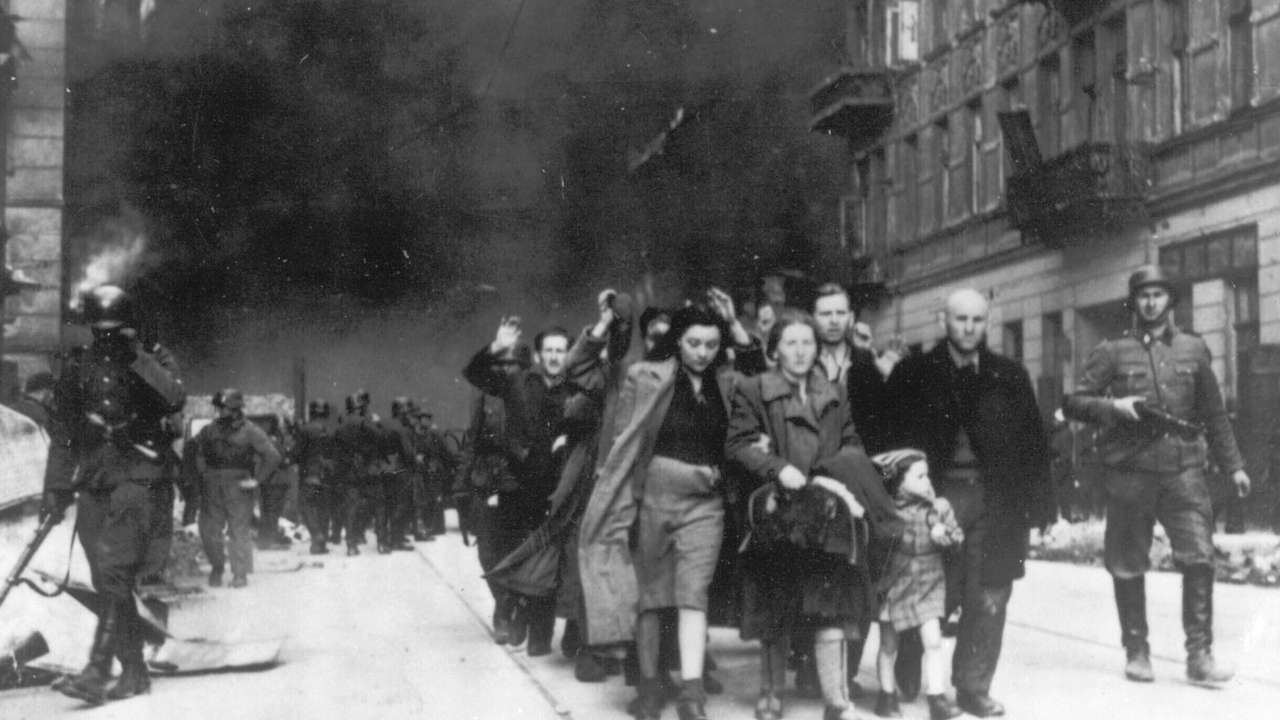
“I couldn’t answer, I couldn’t stand up. My father was sitting next to me, he said ‘she’s 18 years old, I know her’. This assessment could clearly see I was nowhere near 18.
“He looked at me very hard and said ‘she may remain sitting’. Everybody was so happy for me.”
Conditions in the ghetto deteriorated rapidly. “Sometimes we were beaten up going to or from work,” Renee said.
“Every morning when I went to work, I saw bodies laying outside the blocks of flats, ready to be taken to the cemeteries.”
In 1944, SS officers began closing down the ghetto in preparation to deport its residents. Afraid of a repeat of the Warsaw Ghetto uprising, where residents of the ghetto in the capital staged a bloody resistance to the deportations, officers made empty promises.
Renee said: “They made soothing speeches. They told us that the ghetto was going to be closed down. ‘You’ll be sent away to working places where conditions will be much better!’ They promised us everything.”
Renee and her parents travelled on a cattle-truck, with no food, water or sense of where they were heading.
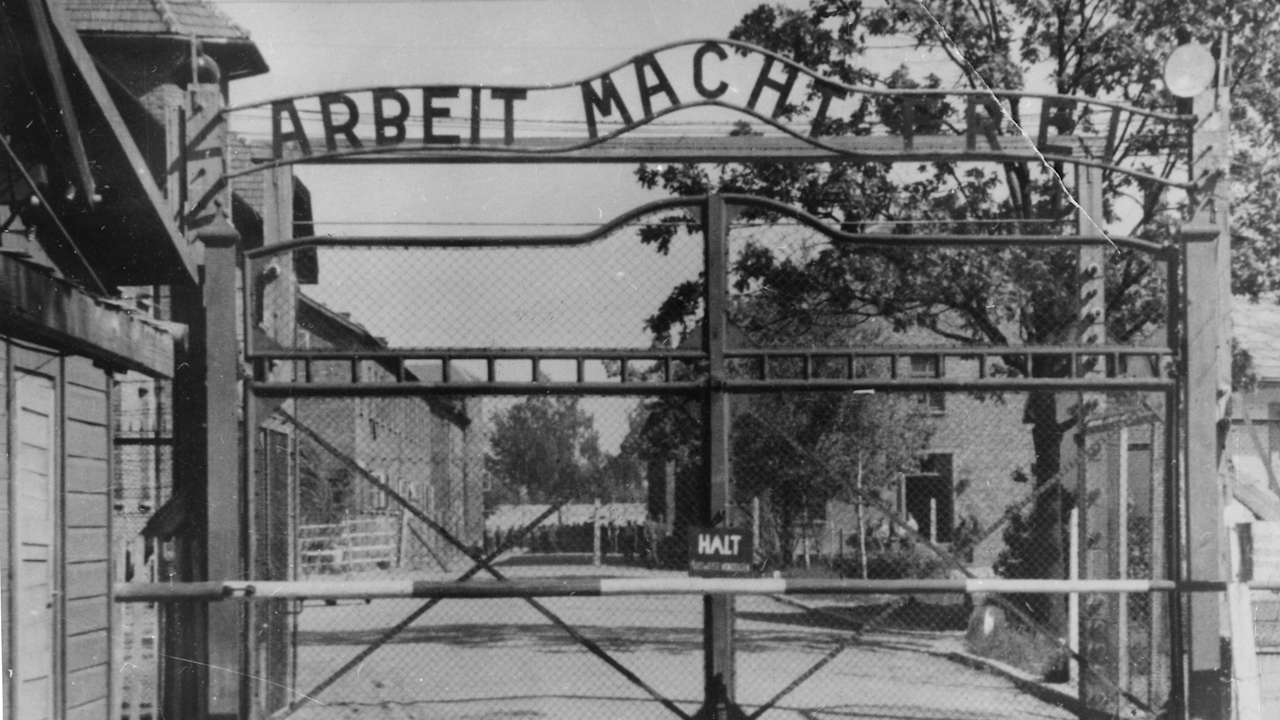
She learnt of her destination when guards bellowed to those disembarking: “You are now in Auschwitz. This is the place where people are being taken straight to the gas chambers.”
She was then confronted with the infamous Dr Mengele, also known as the ‘Butcher of Auschwitz’: “We learned later with a flick of his finger, he directed one to die and one to live.”
The conditions inside Auschwitz were not those promised by the officers in the ghetto. Daily rollcalls were conducted outside the huts.
Renee said: “If they saw there was one person missing in the whole camp, we had to stand on these roll calls for hours on end.
“Two hours were normal, but sometimes we had to stand for 4-6 hours. The numbers had to be right, including dead ones.
“Sometimes people collapsed on these roll calls from weakness. Occasionally someone would drop dead.”
As Germany began to lose the war and Allied forces advanced, prisoners at Auschwitz were taken on so-called ‘death marches’.
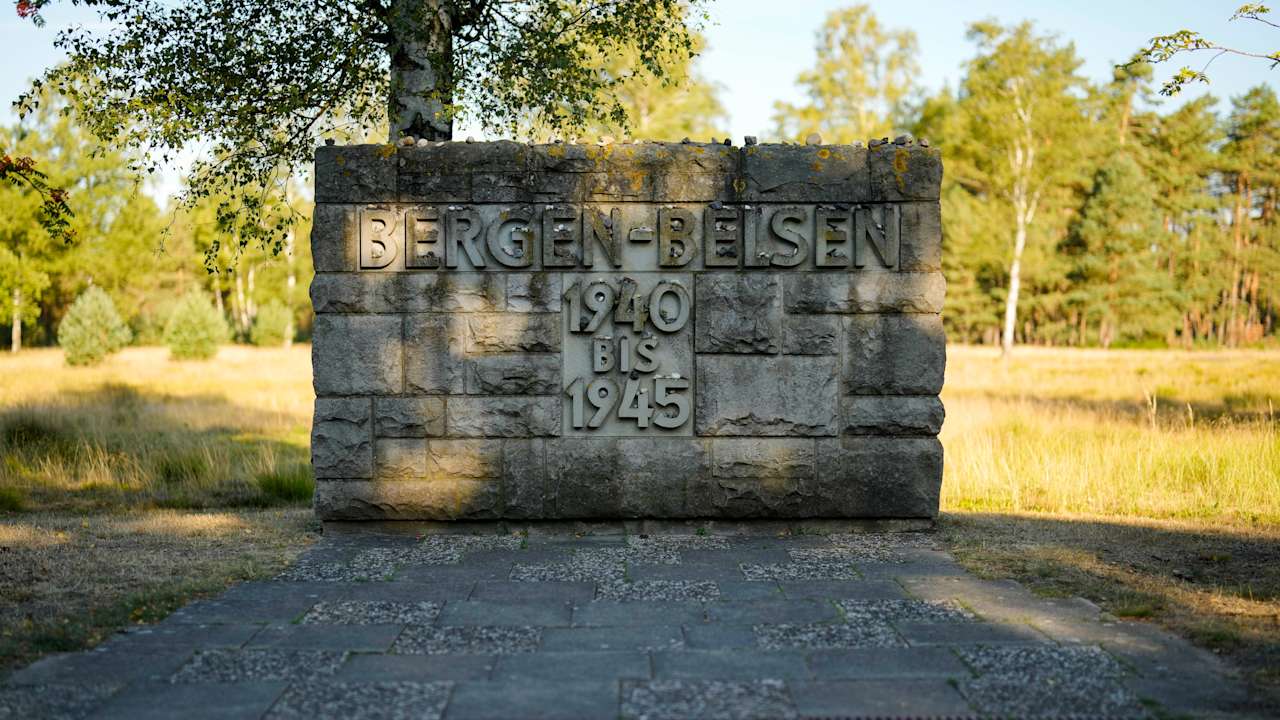
“We had to hold onto one another to remain standing,” she said. “We were so ill by then.”
Renee arrived at Bergen-Belsen concentration camp days later.
“All along the way they were laying dead bodies of those who had not survived the journey,” she said.
“The scene that met us, it is not possible to describe. We saw skeletons walking and their legs were like matchsticks. Their eyes gouged out grotesquely out of their skull-like faces”.
By now, soldiers had begun to abandon the concentration camps, whilst trying to hide the atrocities they had committed.
“By the time I arrived, there was no more any kind of organisation there,” she said.
“The bread distribution hadn’t been there for the last two weeks. The water supply had been cut off so there was no sanitation either.”
On April 15, 1945, the British Army liberated Bergen-Belsen.
Renee said: “They started giving speeches over the microphones. They said, ‘You are free now. We are the British Army. Food and medical care is on the way’.”
Renee was taken to hospital where she remained unconscious for ten days.
Months later, Renee made her way back to Poland with an aunt who had also been at Bergen-Belsen.
“We didn’t have any money,” she said. “We lived on scraps that we scrounged from the local farmers.”
But survivors of the war were met with often met with hostility when they returned to their hometowns, and Renee left several weeks later.
She said: “Poland was very antisemitic at that time. They didn’t like to see people coming back from the camps because some people left some valuables with neighbours.”
Renee met her husband, a British Army soldier who had helped liberate Bergen-Belsen. They moved to London, and had two children. Renee now has five grandchildren.
“Hitler didn’t think I’d still be here at 95. I’m still here.”
Follow STV News on WhatsApp
Scan the QR code on your mobile device for all the latest news from around the country


